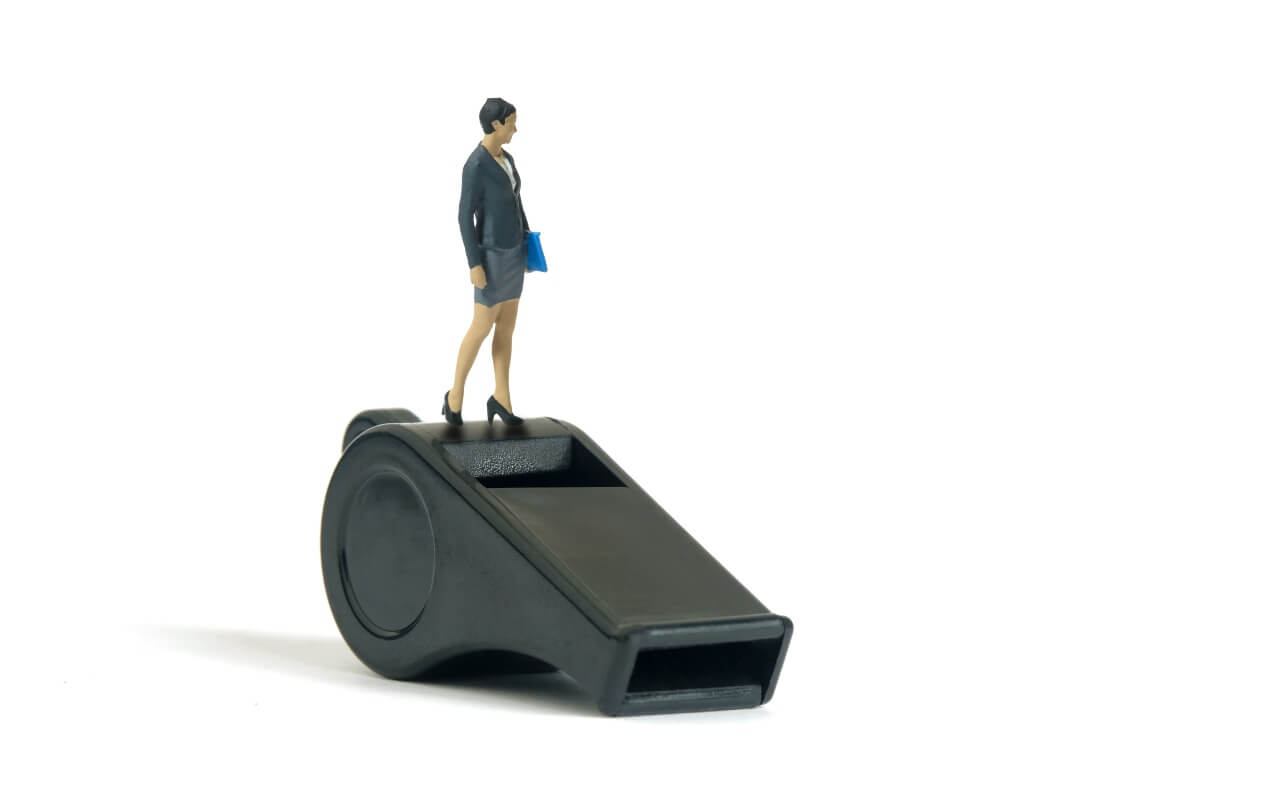Whistleblowing and worker status is often (rightly) characterised as a complex area of employment law, leaving both employers and individuals unclear about who is able to benefit from whistleblowing rights in the workplace.
Earlier this year, the Employment Tribunal held that denying foster carers the right to whistleblowing and discrimination protection was an unjustified interference with their human rights under Articles 10 and 8, when read in conjunction with Article 14 (Oni and others v London Borough of Waltham Forest and others). Therefore, despite not having a contractual relationship with their local authorities, foster carers now have a potential avenue to pursue discrimination and whistleblowing claims against their local authorities.
The more recent Court of Appeal judgment in the case of Sullivan v Isle of Wight Council has helped to clarify matters further, by determining whether external job applicants can benefit from whistleblowing protection.
Who has whistleblowing rights?
Currently all employees, workers and NHS job applicants are protected under the Employment Rights Act 1996 (“ERA”). As such, they have the right not to suffer a detriment as a result of making a protected disclosure (ie blowing the whistle).
As noted above, Sullivan v Isle of Wight Council concerned an external job applicant (“Sullivan”). Sullivan applied for two roles within the Isle of Wight Council (the “Council”) and alleged that she was then subjected to detriment as a result of her whistleblowing about the Council.
What did the court say?
Sullivan brought a claim against the Council in the Employment Tribunal who, firstly, had to decide whether she had the relevant status to bring a whistleblowing claim as she was neither a worker nor an employee, and she was not applying for a role within the NHS. In reaching its decision, the Tribunal had to consider whether an external job applicant was analogous to an internal applicant (who would either have worker or employee status) or an NHS job applicant (who is specifically protected under the ERA). The Tribunal held that an external applicant was not analogous and therefore Sullivan could not benefit from the same whistleblowing protections. Sullivan appealed to the Employment Appeal Tribunal although this was dismissed, with the Appeal Tribunal upholding the decision of the Tribunal.
Sullivan then appealed to the Court of Appeal, arguing that this interpretation of the ERA breached her rights under the European Convention of Human Rights (“ECHR”). She asserted that Article 14 (the right to not to be discriminated against on any ground, which includes “other status”), when read with Article 10 (the right to freedom of expression), resulted in her being treated less favourably than either internal job applicants or external NHS job applicants. In reaching its decision the Court of Appeal had to consider whether external applicants could belong to an “other status” under Article 14 of the ECHR, thereby protecting them from discrimination.
Although the Court of Appeal considered that external applicants could belong to an “other status”, it found that an applicant for work is not in a materially analogous position to a worker or NHS job applicant. The Court stated that the legislation is aimed at disclosures by individuals who are in work and stated that the “position of someone seeking work is materially different from someone in work”. It also noted that any difference in treatment was objectively justified as a proportionate means of achieving a legitimate aim. In its judgment, the Court also specifically addressed the protection of NHS job applicants and noted that the ERA was amended to deal with protected disclosures relating to patient safety and treatment. It clarified that the aim of that amendment was to “ensure that persons would not be deterred from making protected disclosures because they may wish to move from one NHS body to another”.
What next?
Employers should welcome this decision, as it provides some helpful clarity on who does, and who does not, benefit from whistleblowing rights. Helpfully, for employers, the case of Sullivan clarifies that external applicants for jobs will not be able pursue claims for whistleblowing and discrimination. This does not, however, mean that employers should ignore the matter, and it is important to ensure that recruitment practices and policies are fair and robust.



